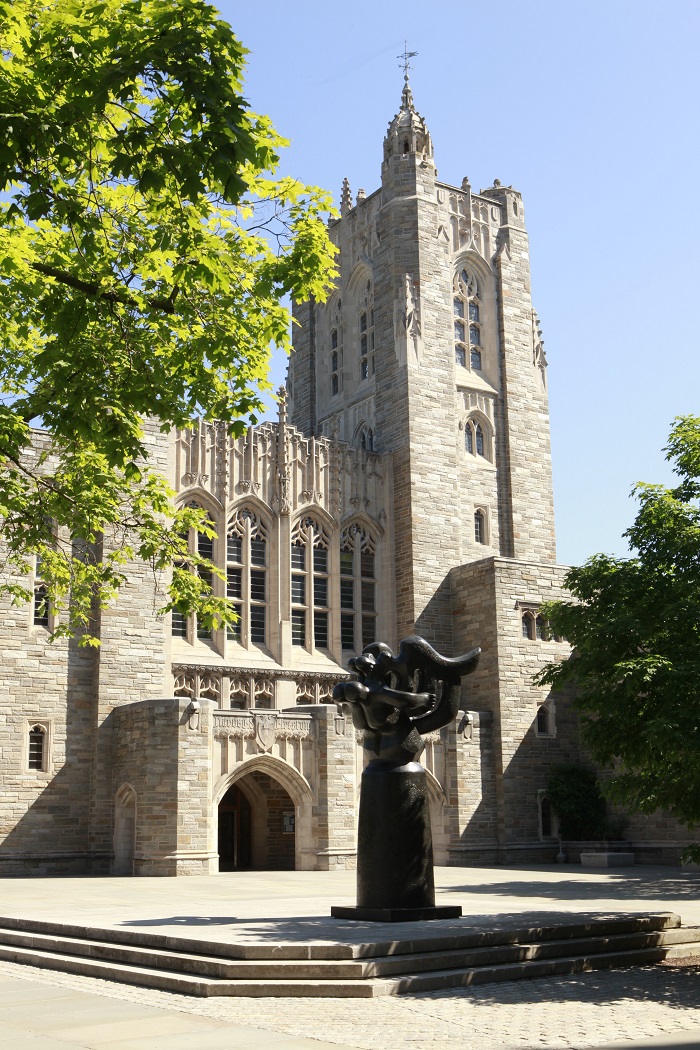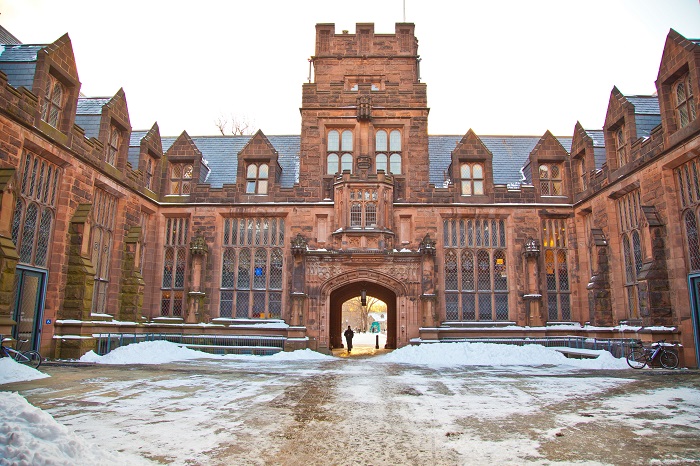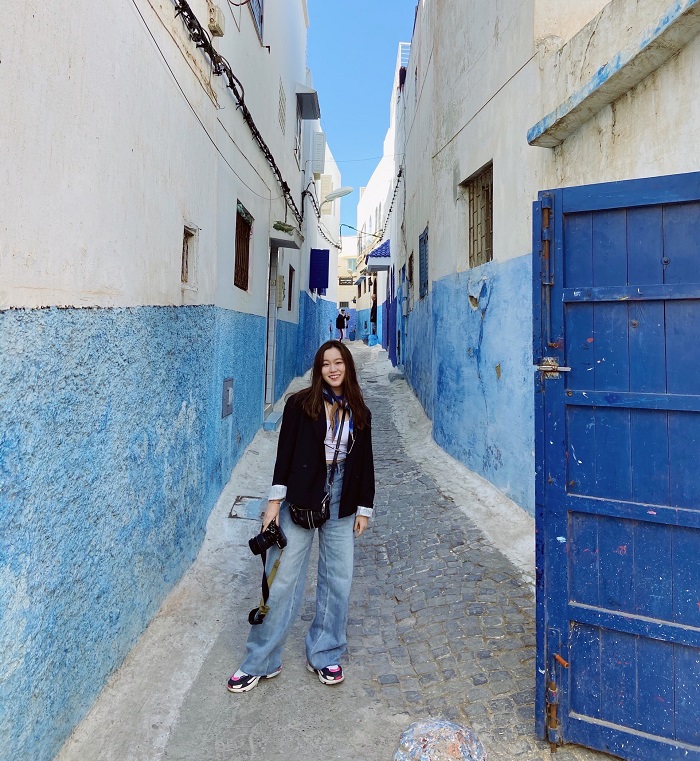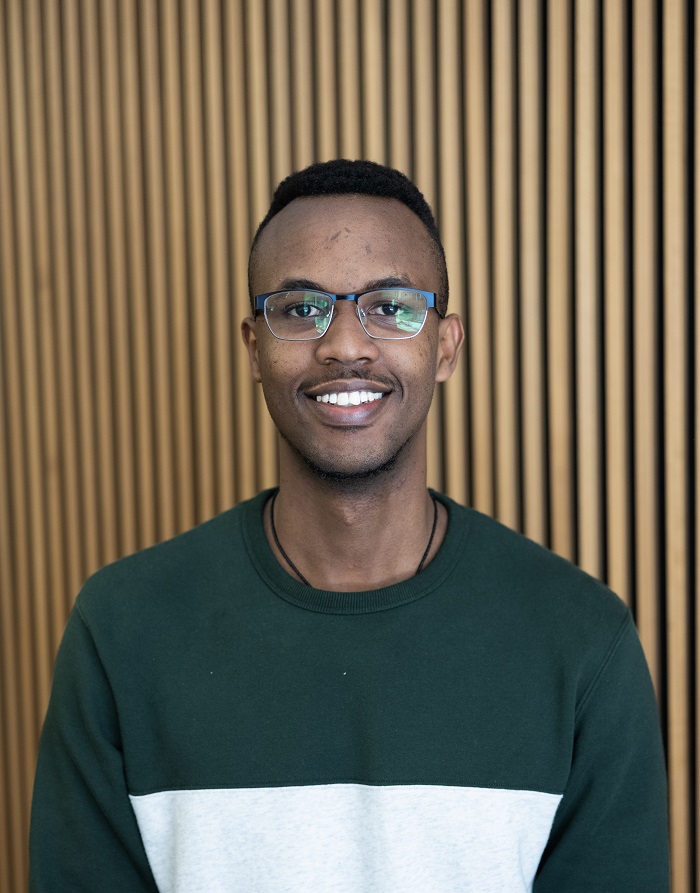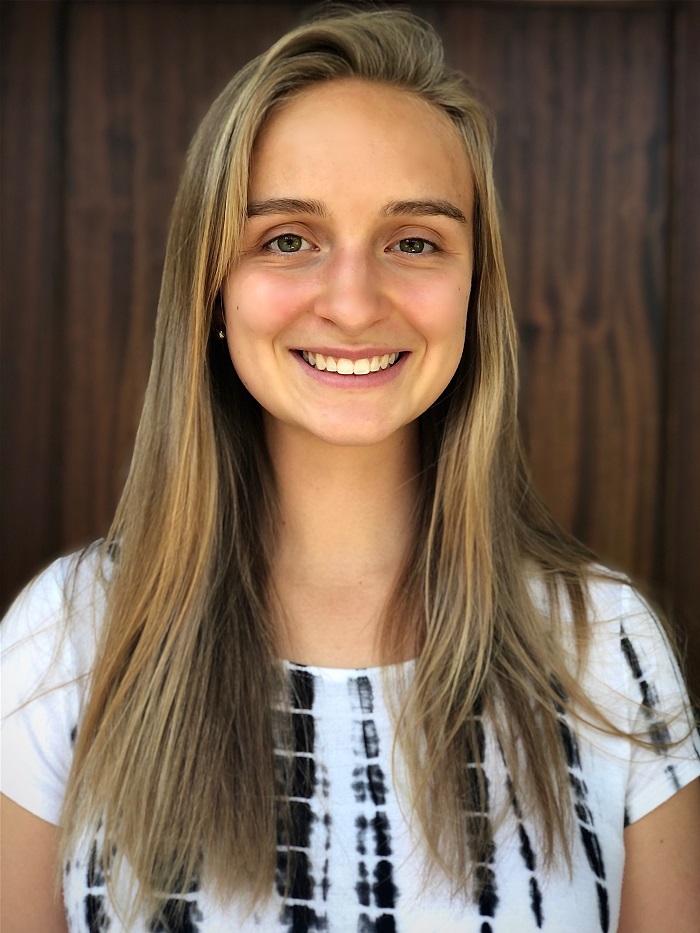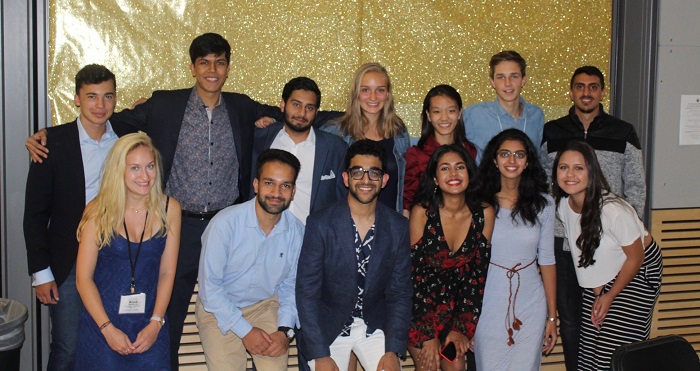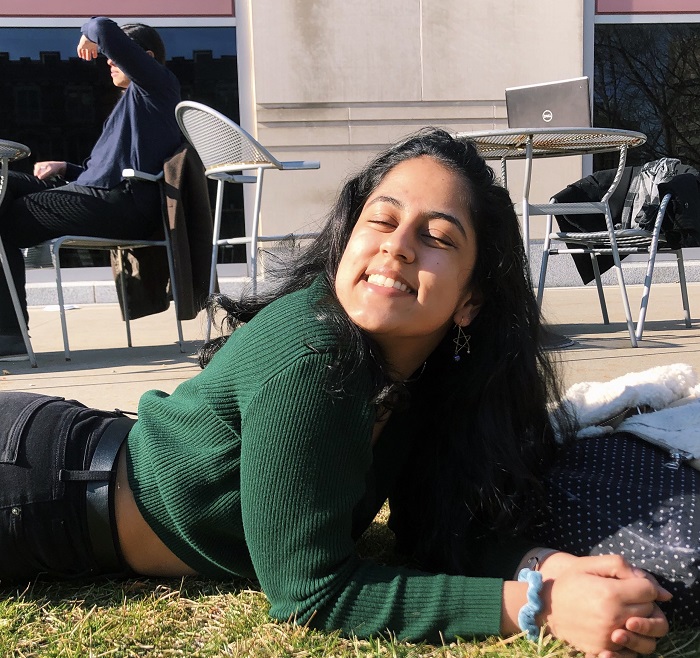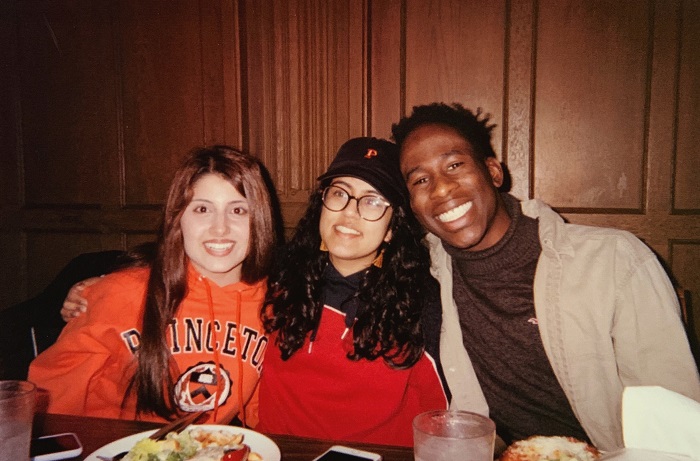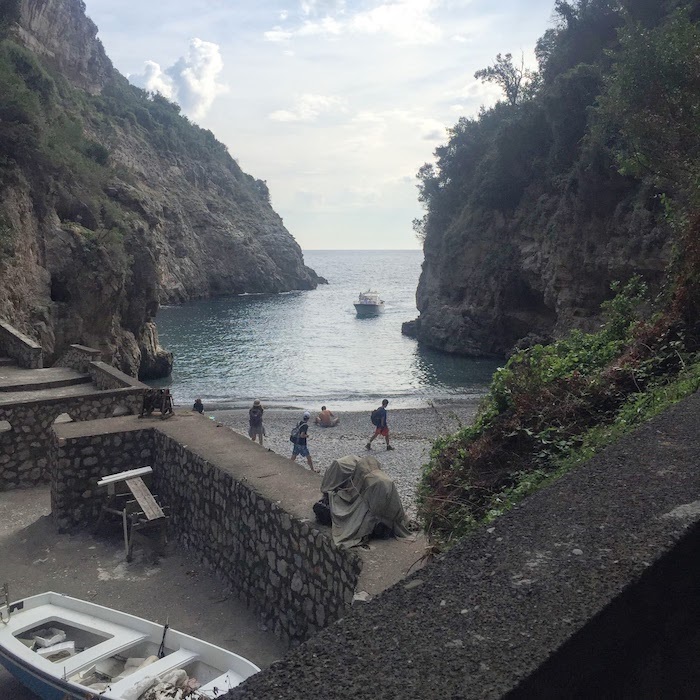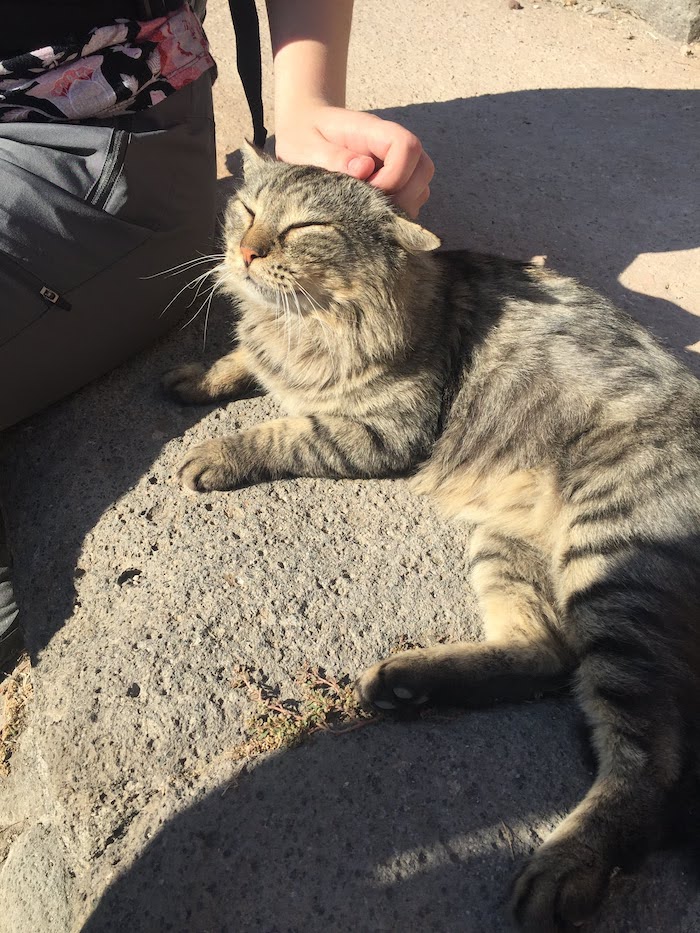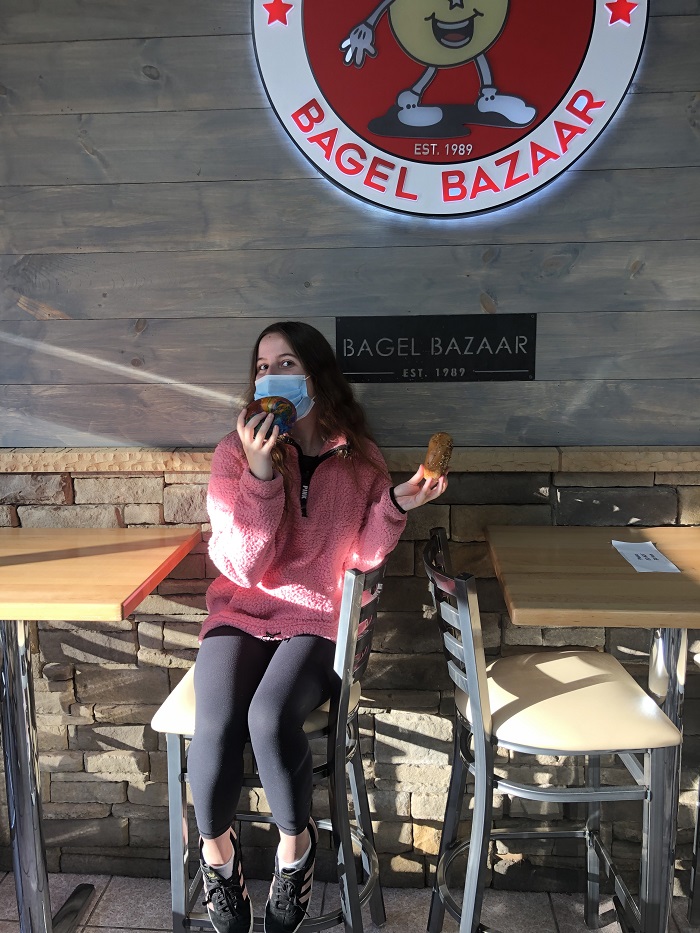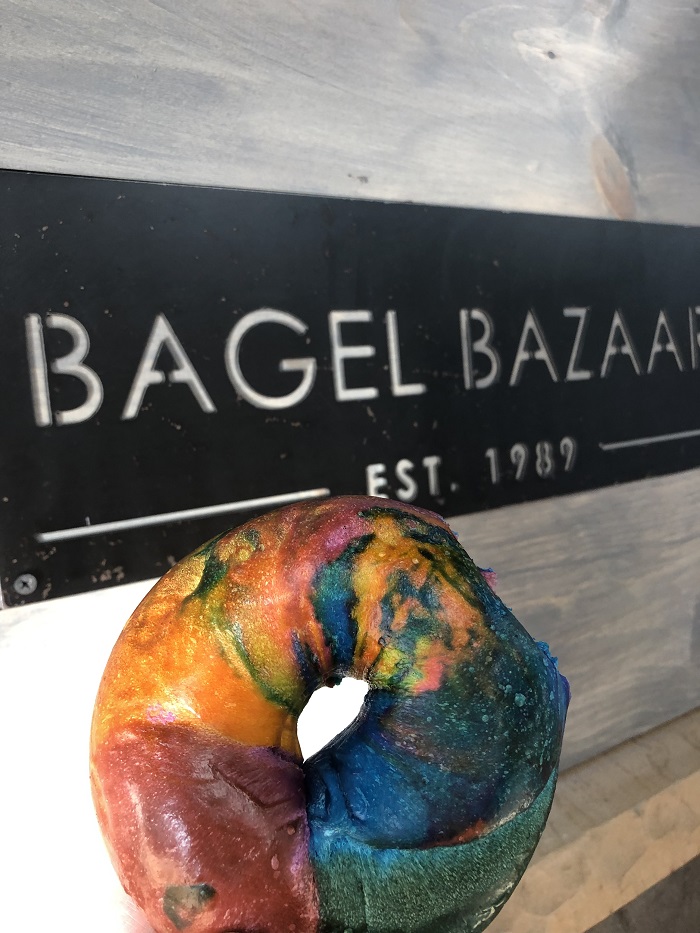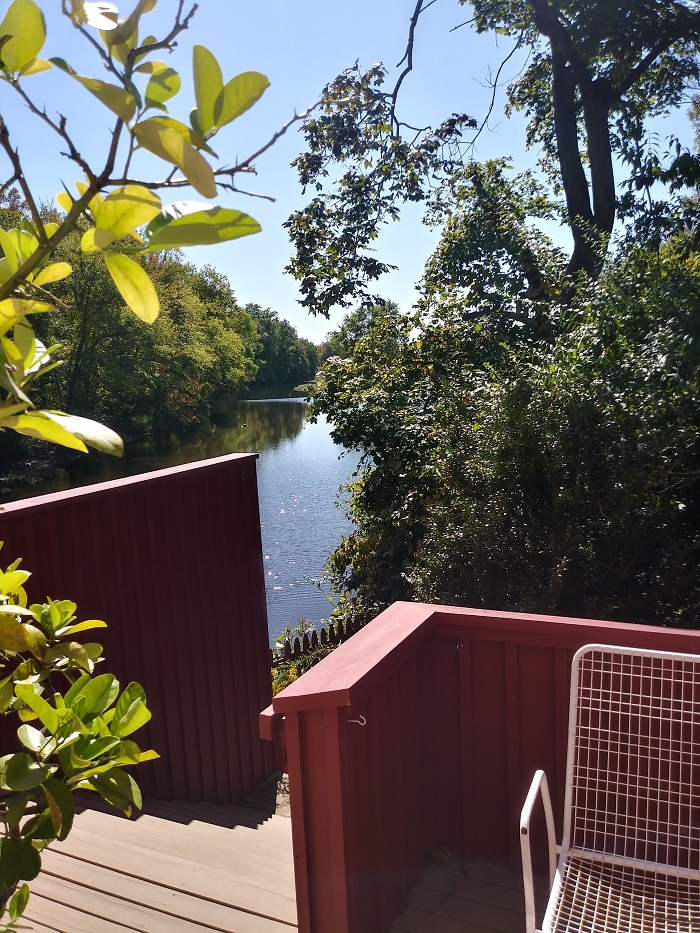Every semester, Princeton holds its own music festival called Lawnparties. In years past, we’ve hosted everyone from Rihanna and Maroon 5 (back when their careers were just starting) to A Boogie wit da Hoodie and Cupcakke more recently. This semester was no different: even with students scattered around the world, Princeton still hosted a virtual Jason Derulo concert that brought us together as a student community.
Lawnparties is one of the most beloved Princeton traditions. Usually, students dress up in the preppiest clothes possible, only to get these clothes soaking wet after taking pictures with friends in the fountain outside of the School of Public and International Affairs. The streets are lined with delicious food trucks, music is blaring, and the whole campus is alive with energy and excitement.
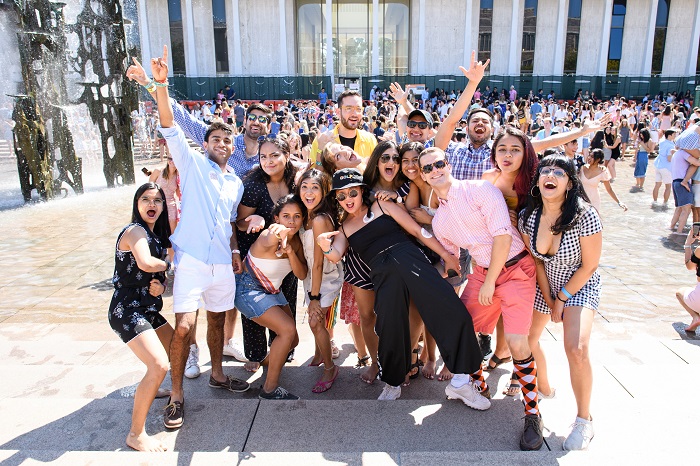
This year, Lawnparties took place as a split-screen video on my laptop, with the YouTube stream on the left and a Zoom call with my friends on the right. A talented senior named Glenna Jane ‘21 opened for Jason Derulo, and then student representatives from Vote100 discussed the upcoming election. Derulo performed all of his many hits from over the years, from “Whatcha Say” to “Trumpets” to “Savage Love.” This was the first Lawnparties I’ve been to where I actually knew most of the music! Listening to Derulo’s songs brought me back to memories of middle school dances and high school homecomings. Derulo appeared to be performing in his living room, which was funny to see. He had talented backup dancers, but he certainly had excellent dance moves himself. I’m glad to have been able to watch the concert with friends to simulate the feeling of the in-person Lawnparties experience.
The Undergraduate Student Government Social Committee, the group that plans Lawnparties, ran social media contests throughout the week, with students earning entries by posting pictures of Lawnparties outfits and videos of them dancing to Derulo’s songs. The winners of the contests got to virtually meet Derulo after the show! The Social Committee also conducted giveaways of cool gear to support Tigers for Nassau, a student organization that supports local businesses in Princeton impacted by COVID-19. It must have been difficult to plan and host a virtual concert during a pandemic, but I think the Social Committee did the best they could to make Lawnparties as interactive and fun as possible. Of course, this Lawnparties wasn’t the same as the in-person experience, but it made me even more excited for the next time we can all gather in the backyard of Quadrangle Club (one of our eating clubs, which hosts the headline act every semester) to enjoy good music together.







